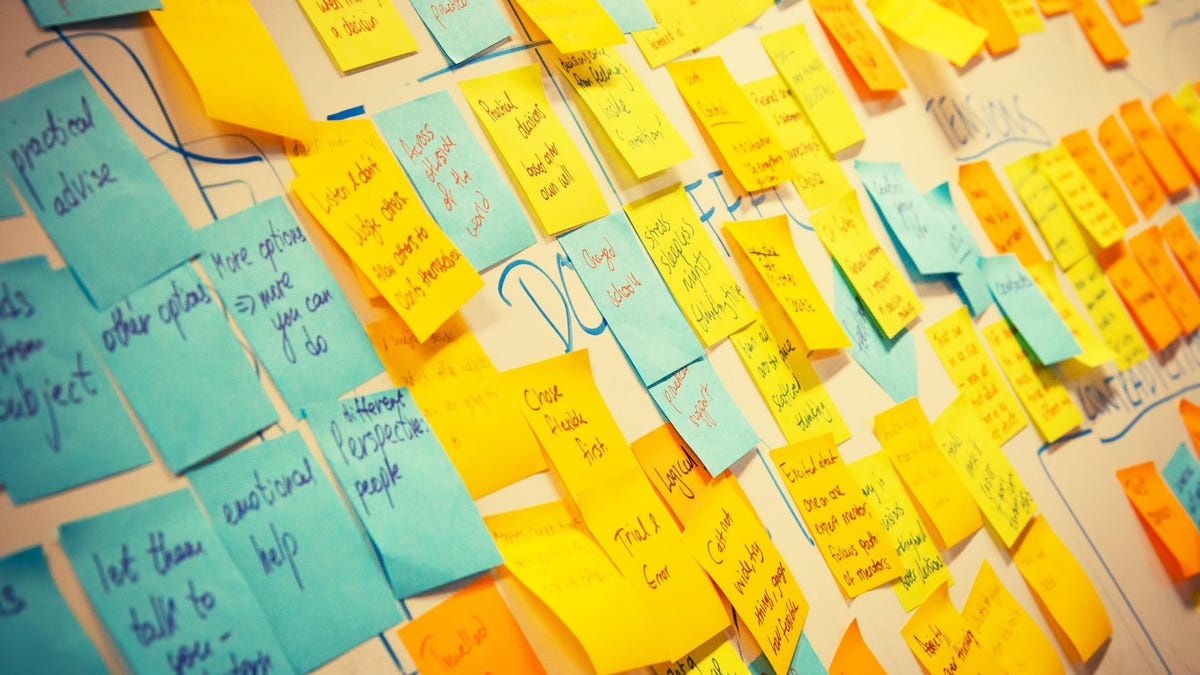How to Determine What Kind of Procrastinator You Are (and What to Do About It)

You have an important test or project coming up, but you absolutely cannot bring yourself to prepare for it. You’ll even do other things (like cleaning your room or calling your family) that you normally hate, just to put off studying. You may think you’re just avoiding work, but there’s probably a real reason and you need to figure out why. Because as it turns out, there are six types of procrastination, and once you understand which one is affecting you, it will be easier for you to stop doing it.
What are the different types of procrastination?
Six types of procrastination have been identified and outlined , all with the goal of helping you understand what is actually causing you to avoid doing what you need to do. The reasons why you don’t meet upcoming deadlines can vary, and they’re usually a little broader and more complex than just not wanting to do it.
In general, here are six types of procrastinators:
- Perfectionist. You worry that your work might not live up to high expectations, so you don’t finish it or, in some cases, don’t even start it at all.
- Dreamer. You have problems with the practical part of the project, but there are no problems with planning and conceptualization.
- The one who worries. You avoid making choices, don’t like change, and are afraid of everything unfamiliar.
- Creator of the crisis. You rely on the adrenaline rush of last-minute work and insist on doing your best under pressure.
- Challenger: You rebel against deadlines set by someone else.
- Overzealous . You feel like you can’t work on a particular task because you have too much going on due to your inability to say no or set boundaries.
How to stop procrastinating
Obviously, there’s a big difference between not studying for a test because you’re worried you won’t get a good grade, and not studying because you have authority issues. The first step to getting back on track is to figure out which of the above definitions resonates most with you, especially in your current situation. The next step is to take concrete action to counteract your unproductive impulses.
If you’re a perfectionist , remind yourself that it’s your own standards, not the work itself, that stress you out, and you can get there by setting realistic, incremental goals before you start. I struggle with this and a tactic that helps me is to identify what the worst possible outcome could be if I fail at a task. Even if I get a zero on the test, how will that affect my overall grade? When I think realistically that I will almost certainly score well above zero (but even if I didn’t, I’d be fine), I feel better and get to work.
If you are a dreamer , try to make your goals more specific. Set practical benchmarks that you can see the results of, such as taking a practice test on a particular chapter, and achieve these goals one by one until you finish, concentrating on one at a time. If you’re worried , remind yourself that not making a decision is really just making a decision, and you’re making the least useful decision. Bad things won’t necessarily happen if you do your job, but they are more likely to happen if you don’t.
If you’re a crisis creator , first look at the research that shows cramming doesn’t really work , then experiment with getting your work done on time and see if doing it and not having to worry about it has a similar effect. adrenaline rush. (Spoiler: this may be the case.)
On the other hand, if you are a challenger , it’s time to choose your battle. Discuss anything you can if it will make you feel better, such as asking for an extension to the project. This can help you feel better when things get stressful, when deadlines are more specific, such as when you have an imminent test.
Finally, if you ‘re overdoing it , start by figuring out why you don’t say “no” to requests and how you can start doing it more often. In the meantime, take inventory of everything you need to do and prioritize using a system like the Eisenhower Matrix or Kanban . Tackle the most important and urgent tasks first and move on to others, understanding that your workload will decrease not only as you get everything done, but also as you learn to say “no.”